
South African journalists probed over scandal coverage
Johannesburg, July 30, 2012–South African authorities should immediately drop a criminal investigation against three newspaper journalists who have sought to report details on a multi-billion-dollar arms scandal, the Committee to Protect Journalists said today.

South Africans clash on Twitter over #Zumaspear
South African journalist and arts critic Charl Blignaut made what turned out to be an excellent prediction. “Of all the work on show, it’s this depiction of the president that will set the most tongues wagging and most likely generate some howls of disapproval,” he wrote on May 13 in a review of an art…
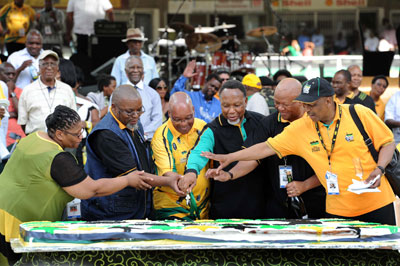
#ANC100 debate lays bare divisions over South Africa media
On January 8, 1912, South African intellectuals–including pioneering black newspaper publishers Pixley ka Isaka Seme, editor of Abantu-Batho, and John Langalibalele Dube, editor of Ilanga lase Natal–formed Africa’s oldest liberation movement, the African National Congress (ANC), in the Wesleyan Church in Bloemfontein.
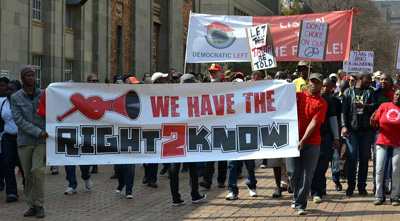
Mission Journal: Secrets bill spurs South African press
Irrespective of whether South Africa actually implements the most draconian parts of state secrets legislation now under consideration, the media in the continent’s most open democracy already feel under threat. The prospect of 25-year jail sentences for journalists publishing “classified” information has galvanized disparate news outlets and journalists groups to work together like never before.
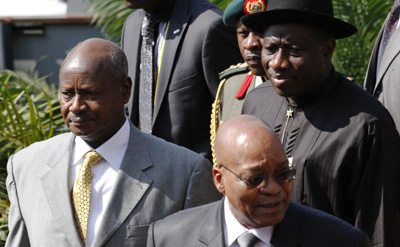
With media plan, ANC copies Nigeria’s military rulers
While South Africa’s ruling African National Congress (ANC) discusses the party’s proposal for a media appeals tribunal, delegates should take note of a landmark ruling in Nigeria this year in which a High Court judge declared a government-dominated press council unconstitutional.
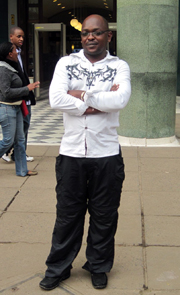
A lesson for South African media: Look to Kenya
The chorus of voices opposing the South African government’s proposed Protection of Information Bill and state-backed ombudsman continue to grow. South Africa’s Business Day estimates the press produces three articles per day opposing what many journalists see as an attempt by the ruling party to muzzle investigative reporting. More than 30 editors from major papers published protest messages…
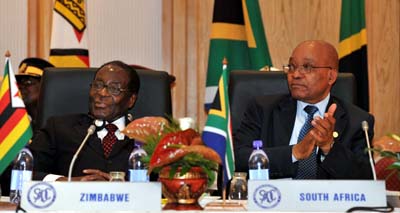
ANC plans taint Southern Africa’s press freedom leader
As heads of state gathered last week at the summit of the Southern African Development Community, or SADC, in Namibia, their discussions were dominated by the progress of Zimbabwe’s precarious power-sharing political agreement, which includes pledges to address a repressive media environment. Leading the mediation in the Zimbabwean crisis has been neighboring South Africa, which…


